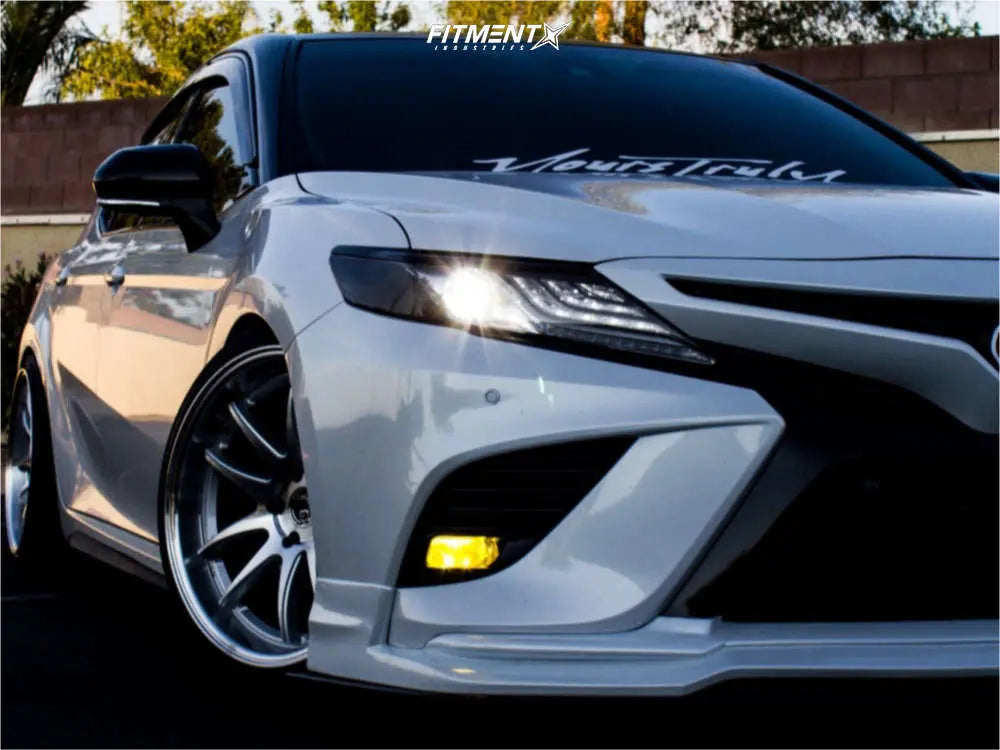
Car Imports in Pakistan 2025: A Game-Changer for Consumers and Local Industry
Share
ISLAMABAD, Pakistan - The landscape of vehicle imports in Pakistan is undergoing a seismic shift in 2025. Following key decisions in the latest budget, the government has moved to liberalize import policies, creating ripples of excitement, uncertainty, and concern across the board. For consumers, this could mean more choice and competitive pricing, but for the long-protected local auto industry, it signals a challenging new era.
A Major Policy Overhaul: Opening the Floodgates?
In a significant policy change tied to the Finance Act 2025, the government has decided to lift restrictions on the commercial import of used vehicles.[1] This move marks a departure from years of protectionist measures designed to shield local assemblers.
Key details of the new import framework include:
-
Age Limit Extended: From September 2025, commercial imports of used cars up to five years old will be permitted.[1][2]
-
No More Age Limits (Soon): Starting July 1, 2026, the age restriction on imported used vehicles will be completely removed, although vehicles will still need to meet quality and safety standards.[1][3]
-
A Temporary Tariff Wall: To balance the policy, a 40% additional regulatory duty will be imposed on these five-year-old imports in 2025-26. This duty is set to decrease by 10% each year before being completely eliminated by 2029.[1][3]
The government is also considering merging the popular personal baggage and gift schemes, primarily used by overseas Pakistanis, into this new commercial import framework, with a potential start date of October 1, 2025.[4][5]
The Immediate Impact: A Surge at the Ports
The effects of the tariff reductions were felt almost instantly. According to data from the Pakistan Bureau of Statistics, car imports skyrocketed by 61% in July 2025, reaching a value of $32.8 million.[6] This dramatic increase came right after the new, lower tariffs kicked in on July 1.
This influx of imported vehicles has coincided with a sharp downturn for local players. The Pakistan Automotive Manufacturers Association (PAMA) reported a nearly 49% month-on-month drop in sales of locally assembled vehicles in July.[6][7] Pak Suzuki, a market leader in the small car segment, was hit particularly hard, with a staggering 72% decline in sales.[6]
Local Industry on Edge: An Uneven Playing Field?
The decision to ease import restrictions has been met with alarm by local car and auto-parts manufacturers. They argue that this policy could unravel decades of investment in domestic manufacturing and threaten a vast supply chain network.
The primary concerns voiced by the local industry are:
-
Threat to Local Investment: A flood of cheaper used imports could make it difficult for local assemblers to compete, jeopardizing billions in investment.
-
Job Losses: The auto parts sector, a major employer, fears significant job losses if demand shifts decisively towards imported vehicles.[6]
-
Pressure on Foreign Reserves: Increased imports will inevitably put more pressure on Pakistan's foreign exchange reserves.[5]
-
Unfair Competition: Local manufacturers argue that while they are held to stringent international standards, imported used cars often bypass these quality checks, creating an unbalanced competitive environment.
What Does This Mean for the Pakistani Consumer?
For the average car buyer, the new import policy is a mixed bag, presenting both clear advantages and potential downsides.
The Potential Upsides:
-
Greater Variety: The market will likely see a much wider range of models and brands, particularly in the used car segment.
-
Competitive Pricing: Increased competition from imports is expected to put downward pressure on the prices of both new and used cars.[8]
-
Access to Modern Features: Consumers will have easier access to vehicles equipped with the latest technology and safety features.
The Potential Downsides:
-
New Taxes on All Cars: The Budget 2025-26 introduced a new "Climate Support Levy" on both local and imported vehicles, ranging from 1% to 3% based on engine size.[9][10] This will add to the overall cost.
-
Higher Fuel Costs: A new "Carbon Levy" on petrol and diesel will increase the running costs for all vehicle owners.[9]
-
After-Sales Support: Finding reliable after-sales service and genuine spare parts for less common imported models could be a challenge.
The Road Ahead: Striking the Right Balance
The government's new policy aims to formalize imports, curb smuggling, and provide consumers with more affordable options.[1][6] However, the challenge lies in achieving these goals without undermining the domestic auto industry, a vital pillar of the national economy.
As Pakistan navigates this transition, the coming months will be critical in determining whether this policy liberalization leads to a vibrant, competitive auto market that benefits all, or if it tilts the scales too far, leaving local industry to struggle in its wake.


